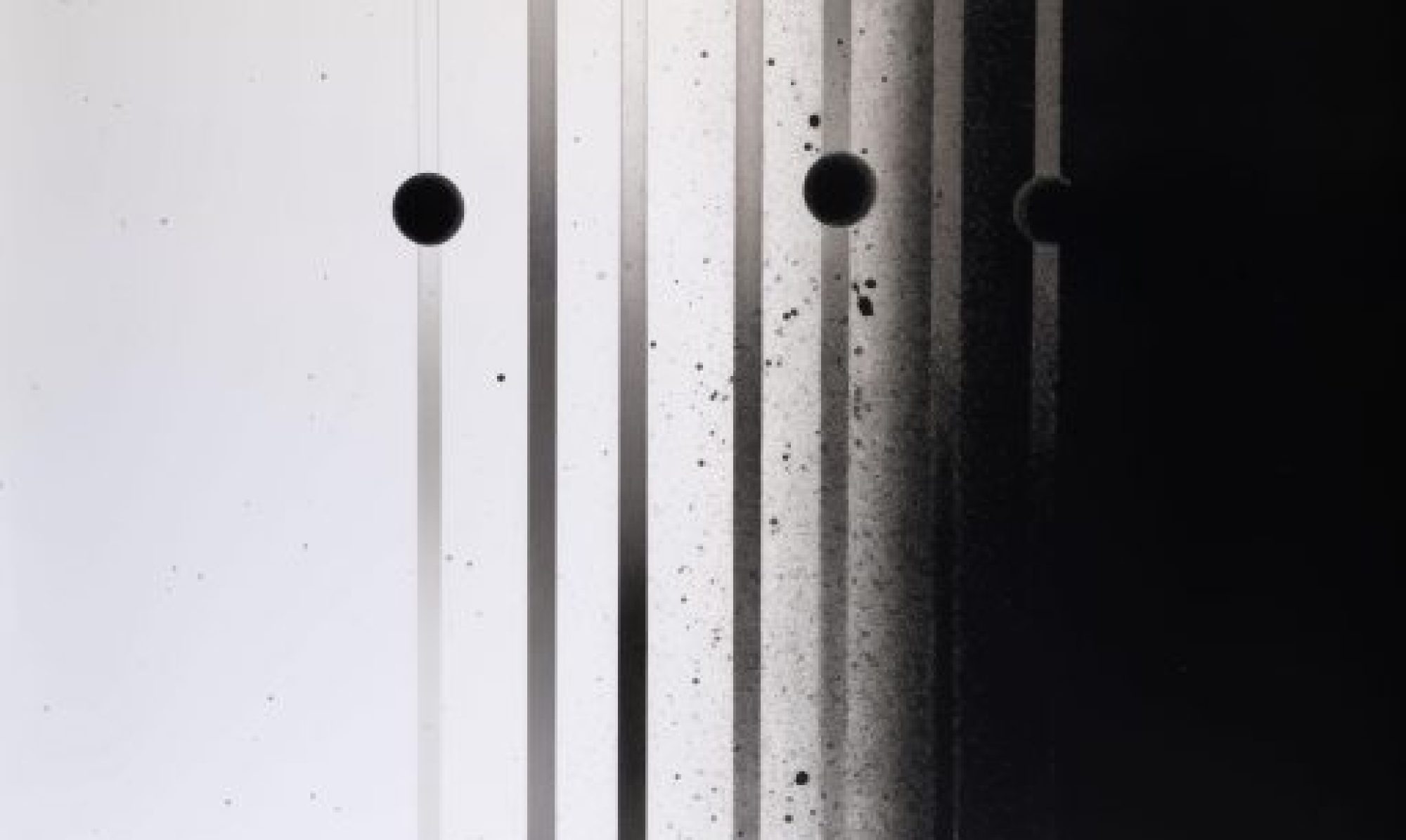tmymtur – “呼応 – kooh” (ENSL AMDC / Bandcamp)
Christopher Olson for Liminal Minimals – April 2013
Drone is a utilitarian thing: when it works, it works. Being critical of it beyond pointing out the obvious in terms of form can be a challenge. In terms of articulating your position- it’s like arguing about different hues of grey (let’s hash out 919191 vs 999999, you hex/RGB nerds). Also, I don’t spend that much time thinking about it because it’s one form where it’s better to listen. Despite all misgivings about genre overcrowding, how there’s been too much drone released into in the world: maybe it’s simply like gas. Maybe pollen. Maybe there’s always just the right amount. I’ll let others discuss it on #dronelife. Anyways, as the onesheet goes: “湧声 is a sound creation made of layering over 5000 peculiar voices by tmymtur which includes ultrasonic waves…developing sounds from frequencies, marking over 20kHz – that human ears are incapable of catching. These ultrasonic waves are often included in sounds of nature such as the flow of the river, and sound of the wind blowing through the trees. It is said that these elements have the effect to make the human brain relaxed.” Despite the conceptual anchor of rendering the barely audible audible, it’s hard to figure out the difference between source and process. Little in the way of visuals demonstrate or allows for me to understand the science, and perhaps it was the raft of celebrity remixers who helped tease out the sounds, with interpretations by Christopher Willits, i8u, Sogar, Stephan Mathieu and Taylor Deupree. Each track is variation on a theme, exercises in shape and/or texture: one a tone louder, another quieter, the others more textured, sanded down, high sheen, chrome blue, cavernous, skinny, bright. Imagine this release as a tour through a gradient and proper attention will yield rewards. [CO]
Christopher Olson


